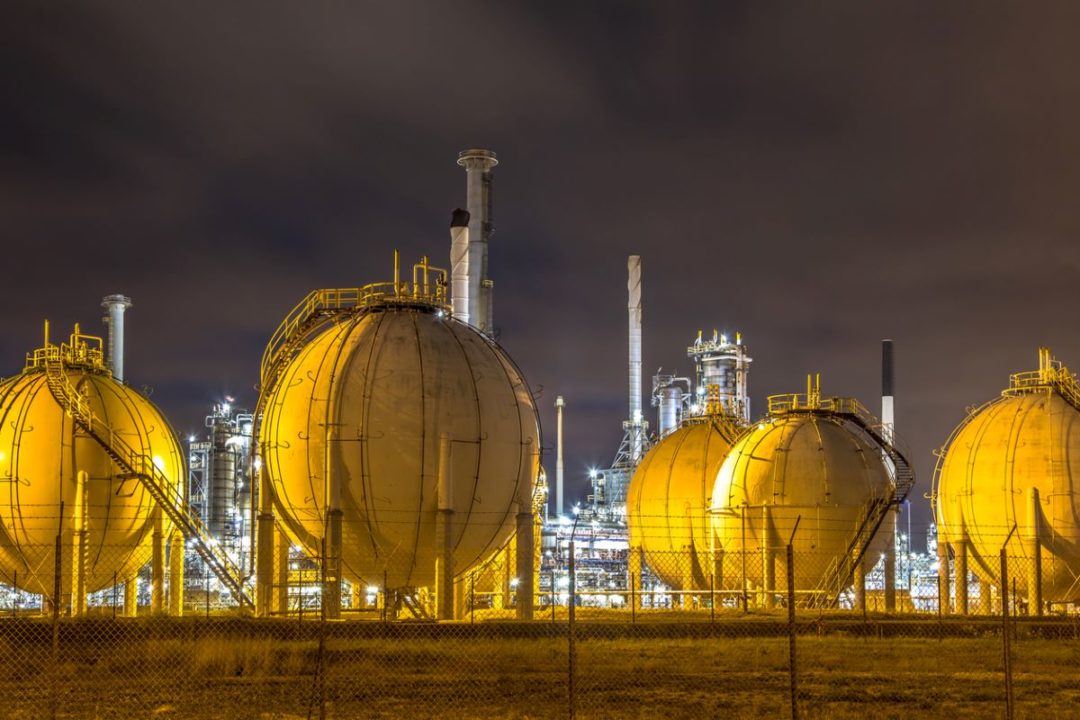
Visit Our Sponsors |
|
|
|
|
|
|
|
|
|
|
|
|
|
|
|
|
|
|
|
|
|
|
|
|
|
|
|
|
|
|
|
|
|
|
|
|
|
|

Photo: iStock.com/CreativeNature_nl
Shell Western LNG B.V (Shell) and Hapag-Lloyd on February 27 announced the signing of a multi-year agreement for the supply of liquefied natural gas (LNG) to Hapag-Lloyd’s ultra large dual-fuel container vessels of 23,500+ twenty-foot equivalent units (TEUs). Bunkering for these twelve new vessels is expected to commence during the second half of 2023, and LNG will be supplied in the Port of Rotterdam. The modern ships will be deployed on Europe-Far East routes and call at major ports including Rotterdam, Hamburg, Singapore, and Shanghai.
Hapag-Lloyd says using LNG enables it to immediately reduce the CO2 intensity of these vessels by up to 23% compared to conventional fuels. Additionally, the company claims the use of LNG supports the almost complete reduction of particle emissions. Hapag-Lloyd aims to reduce emissions and decarbonize its fleet, achieving net zero carbon by 2045.
Shell says that, as a “hard-to-abate” sector, it is exploring the viability of, and investing in, a range of fuels, technologies and solutions that will help decarbonize shipping. This includes the use of LNG, where through an extensive network of 15 LNG bunkering locations in 10 countries.
In addition to the LNG supply agreement, Shell and Hapag-Lloyd have entered into a strategic collaboration agreement intended to accelerate the further decarbonization of alternative marine fuels. Initial focus will be given to developing the potential of additional low carbon fuels solutions including liquefied biomethane and the hydrogen-based fuel liquefied e-methane.
RELATED CONTENT
RELATED VIDEOS
Timely, incisive articles delivered directly to your inbox.






